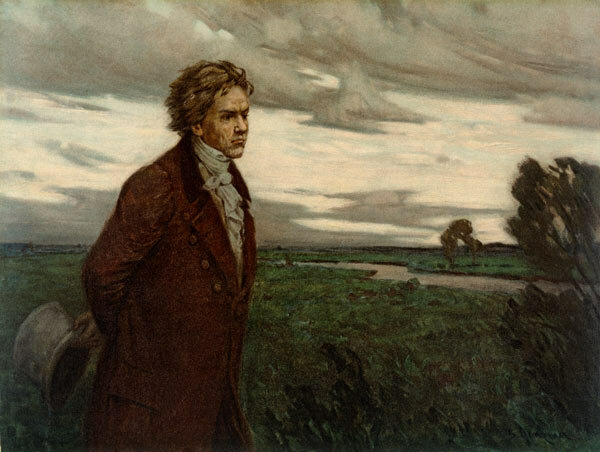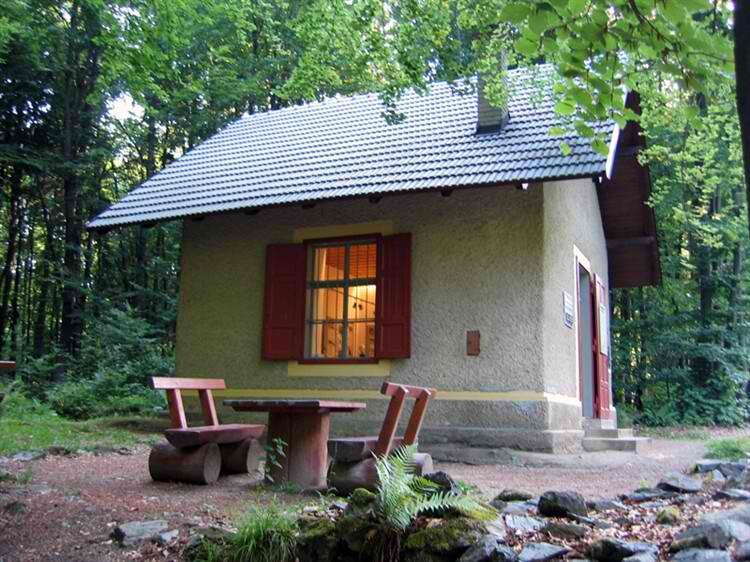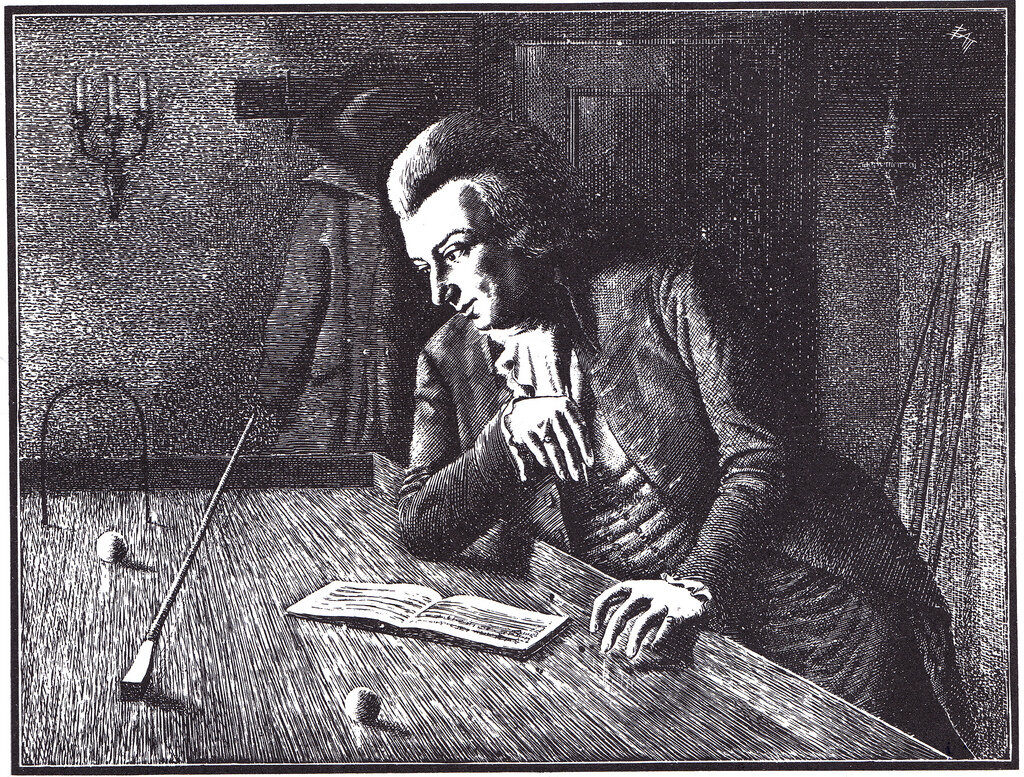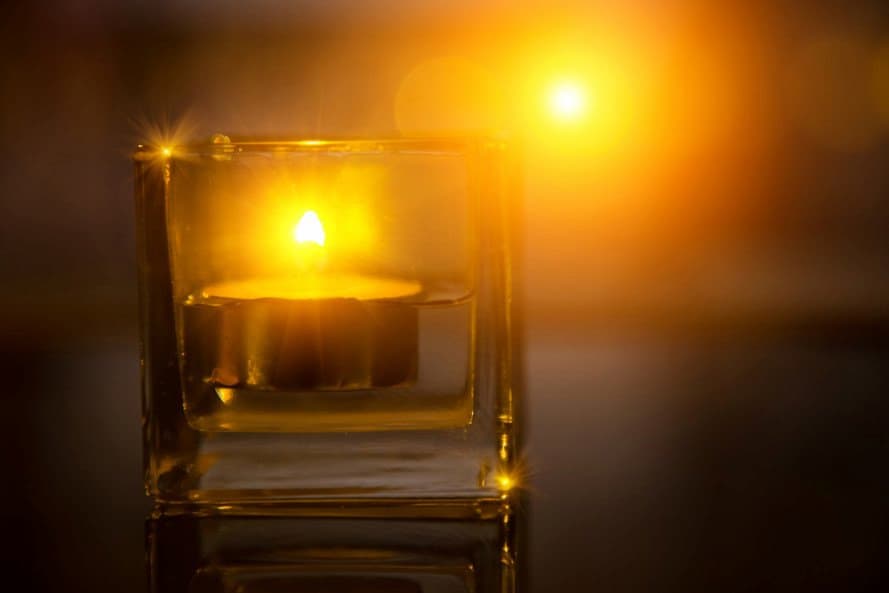It's all about the classical music composers and their works from the last 400 years and much more about music. Hier erfahren Sie alles über die klassischen Komponisten und ihre Meisterwerke der letzten vierhundert Jahre und vieles mehr über Klassische Musik.
Total Pageviews
Tuesday, January 30, 2024
Overture to "Iphigenie in Aulis" by Christoph Willibald Gluck
Saturday, June 17, 2023
How Inspiration Strikes
By Georg Predota, Interlude
Ludwig van Beethoven

Beethoven on a Walk by Berthold Genzmer
As the American painter, artist and photographer Chuck Close famously stated, “Amateurs sit and wait for inspiration, the rest of us just show up and go to work.” Beethoven, for example, went for vigorous walks through the forests and hills surrounding Vienna after lunch. He always carried with him a pencil and a small pocket sketchbook, recording any musical ideas that would thus come to his mind.
Gustav Mahler

Mahler’s Komponierhäuschen
Gustav Mahler not only locked himself in various Komponierhäuschen (Composer’s cottages), he also took 3 to 4-hour walks after lunch, recording his musical impressions in a notebook.
Benjamin Britten
For Benjamin Britten, afternoon walks were “where I plan out what I’m going to write in the next period at my desk”.
Richard Strauss
Richard Strauss preferred to compose in his garden cottage until lunchtime, when it was time to head for the local restaurant.
Christoph Willibald Gluck
Solitary walking, however, was clearly not the only source of inspiration for great musical minds. Gluck, it was said, wrote best when he was sitting in the middle of a field.
Gioachino Rossini
Rossini was most productive when he had partaken of “a good flask of wine.”
Wolfgang Amadeus Mozart

Mozart at the Pooltable by Oswald Charles Barret
It is said that Mozart composed his best music while playing billiards
Giovanni Paisiello
Paisiello enjoyed composing while lying in bed.
Antonio Sacchini
A pretty woman by his side, and his pet cats playing around his feet was a prerequisite for Sacchini to write well.
Giuseppe Sarti

© inhabitat.com
Sarti preferred to sit in a dark gloom lighted only by a single candle.
Domenico Cimarosa
Cimarosa composed his best works surrounded by a dozen of gabbling friends, with light conversation inspiring his music.
Étienne Méhul
Mćhul, on the other hand, trying to get away from the noise and bustle of the city. Once, he went to the Chief of Police in Paris and asked to be imprisoned in the Bastille.
Richard Wagner
And let’s not forget Richard Wagner, who liked his silken undies and heavy perfume in order to be properly inspired. He also needed perfect quiet, and nobody was allowed entrance to his study—it is reported that even his meals were passed to him through a trap door. Believe it or not!
Thursday, November 27, 2014
Christoph Willibald Gluck - His Music and His Life
Christoph Gluck was born on July 2, 1714 to Alexander Johannes and Maria Walburga in Erasbach, Germany. A few years after his birth, the family moved to Bohemia in 1717. At a very young age, Gluck was introduced to music by way of the church choir. It is also speculated that he studied logic and mathematics in 1731 at the University of Prague, but failed to receive his degree for the same. And up until 1737, there are no records that talk about his whereabouts, as the accounts are very vague and ambiguous.
Musical Career
Gluck moved to Milan to study and gain practical knowledge of all the instruments under the guidance of G. B. Sammartini in 1737. He moved Sammartini with his sacred music and symphonies. Gluck was also taken aback by the vibrant operas and formed an association with opera houses, such as the Teatro Regio Ducal. In 1741, Gluck’s first opera ‘Artaserse’ was performed here. Gluck was also given the opportunity to perform the same opera for the open of the Milanese Carnival in 1742. Due to its raving success, he continued to compose operas for each of the next four Carnivals in Milan. He was later offered the post of house composer at London's King's Theatre in 1745. But due to the ‘Jacobite Rebellion’, the theatre was closed for a year. After four years, Gluck’s operas, ‘La caduta de'giganti’ and ‘Artamene’ were performed.
The next year Gluck was bestowed with two great opportunities. The first was a commission to compose an opera for Dresden, performed by Pietro Mingotti's troupe. This was for the royal wedding between the Bavaria and Saxony families. The success of his work brought him to the attention of the Viennese court and he was selected to compose ‘Metastasio's Semiramide riconosciuta’ to celebrate Maria Theresa's birthday. He then continued to tour with Mingotti's troupe. After he left the troupe he joined another group in Prague. The second opportunity arose when he was asked to compose an opera for the Prague Carnival in 1750, called the ‘Ezio’. Then, in 1752, he was asked to perform ‘Metastasio's La clemenza di Tito’ for the ‘nameday celebrations’ of King Charles VII of Naples. He composed the famous aria ‘Se mai senti spirarti sul volto’ and was praised for the same by various musicians. When Gluck finally settled in Vienna, he became the ‘Kapellmeister’ in 1754. Christoph was bestowed with the honor of ‘Knight of the Golden Spur’ by Pope Benedict XIV. After he received this honor, Gluck started using the title "Ritter von Gluck" or "Chevalier de Gluck." He began to write ‘opéra comiques’ and with the collaboration of Gasparo Angiolini (choreographer), Gluck produced his revolutionary ballet, ‘Don Juan’. In 1774, Gluck’s influence in Paris started a huge controversy, where the town was divided into "Gluckists" and "Piccinnists” after the famous Italian composer, Niccolò Piccinni. After a period of brief turmoil, Antonio Salieri, Gluck’s protégé, collaborated with him on ‘Les Danaïdes’, which premiered on April 26, 1784.
Important Compositions
Gluck’s music style was criticized by a lot by people who still preferred traditional Italian compositions. Due to influences from various teachers and important musicians, his operas symbolized the beginning of modern, musical dramas that marked the end for ‘opera seria’ styles. Most of Gluck’s compositions were influenced by Italian sacred music. Apart from his major compositions, Gluck composed a few arias, solo motets, and chorals. He also composed 9 symphonies, 6 trio sonatas and 2 trio sonatas.
Personal Life
When Gluck lived in Prague, he married the 18 year old daughter of a rich Viennese merchant on September 15, 1750. She was Maria Anna Bergin.
Death
While rehearsing for ‘Echo et Narcisse’, Gluck suffered his first stroke after which he moved to Vienna. During his last years, he lost interest in composing for opera houses, despite countless offers. His health continued to deteriorate and he suffered three more strokes. On November 15, 1787, Gluck suffered another fatal stroke and passed away a few days later. He was interred at the ‘Matzleinsdorfer Friedhof’ before being moved to a tomb in the Vienna Zentralfriedhof as the former cemetery was converted into a park in 1923.